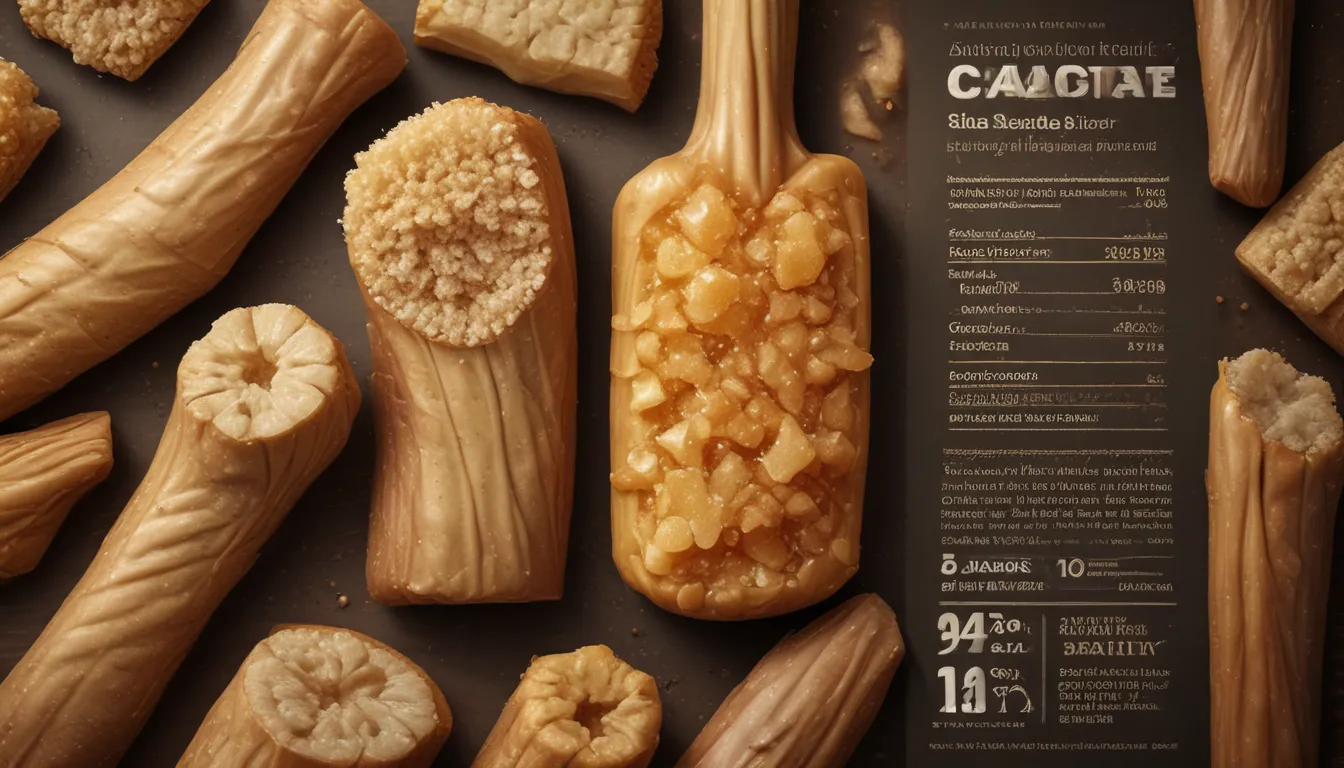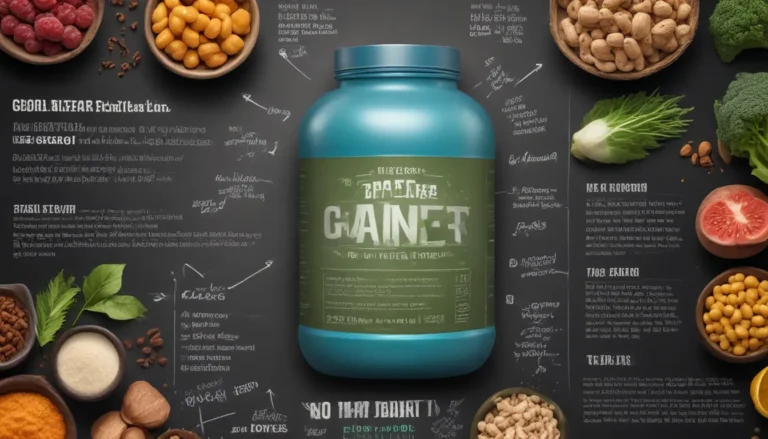The pictures in our articles might not always show exactly what the text is talking about. We use these images to make the article more interesting and eye-catching. They are there to add to the text, but not to replace it or show every detail.
Sugar, the beloved sweet temptation that has been a culinary staple for centuries, comes in various forms. Among them, cane sugar stands out for its unique taste and nutritional profile. Whether you're sweetening your morning coffee or baking a delicious dessert, cane sugar can be found in many kitchens worldwide.
Let's dive into the world of cane sugar nutrition facts to uncover the truth and dispel common misconceptions about this natural sweetener. Join us on this enlightening journey to learn more about the nutrients it provides, its impact on health, and the importance of moderation in enjoying its sweetness.
Understanding Cane Sugar Nutrition
Cane Sugar: A Natural Sweetener from Sugarcane
- Derived from the sugarcane plant, cane sugar undergoes a refining process to remove impurities.
- It is a natural sweetener that has been used for centuries in various culinary applications.
Rich in Carbohydrates
- Cane sugar is primarily composed of carbohydrates, providing a quick source of energy (four calories per gram).
- It does not contain significant amounts of fat, protein, or dietary fiber.
Empty Calories Source
- While cane sugar offers energy, it lacks essential nutrients like vitamins, minerals, and antioxidants.
- Considered an "empty calorie" source due to its nutrient-poor profile.
Impacts of Cane Sugar Consumption
Weight Gain Concerns
- Excessive cane sugar consumption may lead to weight gain if not balanced with a healthy diet and physical activity.
- Moderation is key to preventing unwanted weight gain associated with high-calorie sweeteners.
Addictive Properties
- Some individuals may find cane sugar addictive, leading to cravings and overconsumption.
- This can pose challenges for reducing sugar intake among those accustomed to its taste.
Tooth Decay Risks
- High consumption of cane sugar, especially in sugary snacks and beverages, can contribute to tooth decay.
- Practicing proper oral hygiene is crucial to mitigate the risk of cavities.
Myths and Facts About Cane Sugar
Diabetes Misconceptions
- Consuming cane sugar alone does not directly cause diabetes.
- However, excessive intake of sugary foods, including cane sugar, can increase the risk of developing type 2 diabetes.
Making Informed Choices
Tips for Moderation
- Enjoy cane sugar in moderation as part of a balanced diet.
- Be mindful of overall sugar intake to promote a healthy and balanced lifestyle.
Culinary Applications
- Cane sugar is commonly used as a flavor enhancer in processed foods, beverages, and baked goods.
- It adds sweetness and enhances flavors in a wide range of culinary creations.
Choosing Healthier Alternatives
Natural Sugar Sources
- Opt for natural sources of sugar like fruits, vegetables, and whole grains.
- These alternatives provide additional nutrients compared to cane sugar.
Conclusion: A Sweet Balance
In conclusion, cane sugar can be part of a balanced diet when consumed in moderation. While it provides essential carbohydrates and energy, it's essential to be aware of its high-calorie content and limited nutritional value. Opting for natural sugar sources and reading food labels can help make informed choices and maintain a healthy lifestyle.
FAQs: Clearing Up Common Questions
Is cane sugar better than refined sugar?
- Considered a better alternative to refined white sugar as it undergoes less processing.
- Both cane sugar and refined sugar should be consumed in moderation.
Does cane sugar have nutritional value?
- Contains carbohydrates for energy and small amounts of minerals like calcium, iron, and potassium.
- Should not be relied upon as a significant source of nutrition.
Does cane sugar contribute to weight gain?
- Excessive consumption can contribute to weight gain.
- Portion control and a healthy lifestyle are key to managing weight.
Are there healthier alternatives to cane sugar?
- Yes, alternatives like honey, maple syrup, and coconut sugar provide additional nutrients.
- Moderation is still important when consuming these sweeteners.
Is cane sugar suitable for individuals with diabetes?
- Individuals with diabetes should monitor sugar intake, including cane sugar.
- Consult with a healthcare provider for personalized dietary recommendations.
Trust in Quality Content
Our commitment to delivering accurate and engaging content ensures a trustworthy source of information. Each fact is contributed by real users, ensuring diverse insights and credible information. Explore and learn with us, knowing that our content is both fascinating and reliable. Trust in our dedication to quality as you embark on your journey to a healthier lifestyle.






